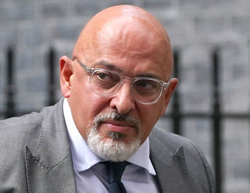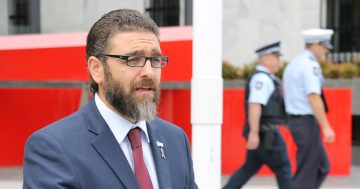 Unions have accused United Kingdom Minister for Efficiency, Jacob Rees-Mogg of chasing cheap headlines with his push for Public Servants to return to the office.
Unions have accused United Kingdom Minister for Efficiency, Jacob Rees-Mogg of chasing cheap headlines with his push for Public Servants to return to the office.
The Unions pointed out that Mr Rees-Mogg had previously supported flexible working as part of efforts to minimise the need for office space.
Head of the FDA union, Dave Penman said the Minister had written in support of the 2018 Estate Strategy, which set out plans to reduce the size of the Government estate to free up public land for housing, including by promoting “smarter working” and “working in ways that minimise our need for office space”.
Mr Penman also referenced a 2019 essay co-written by Mr Rees-Mogg that encouraged the Government to accelerate the Strategy and appoint a senior Cabinet Minister responsible for identifying and releasing public land for housing.
This is in stark contrast to Mr Rees-Mogg’s recent efforts to push Public Servants to return to the office.
Mr Penman said the contrast proved “just how poorly thought through his comments on hybrid working are”.
He said it demonstrated the Cabinet Minister had “no idea how modern workplaces operate and is basing his decisions on blind ideology instead of reality”.
Meanwhile a Department for Education order for workers to spend 80 per cent of their time in the office has led to chaos.
The Department has twice as many staff as desks, even before the pandemic about 60-to-70 per cent of staff had worked flexibly.
Officials working in cramped corridors or sharing desks have led to protests from unions to Secretary of Education, Nadhim Zahawi (pictured), who last month ordered an end to home-working after pressure from Mr Rees-Mogg.
Public Servants said the first week of the new policy had resulted in staff milling around trying to find space with some trying to work amid diners in the canteen.
One described the situation as like “a tube station in rush hour”.
London, 21 May 2022











